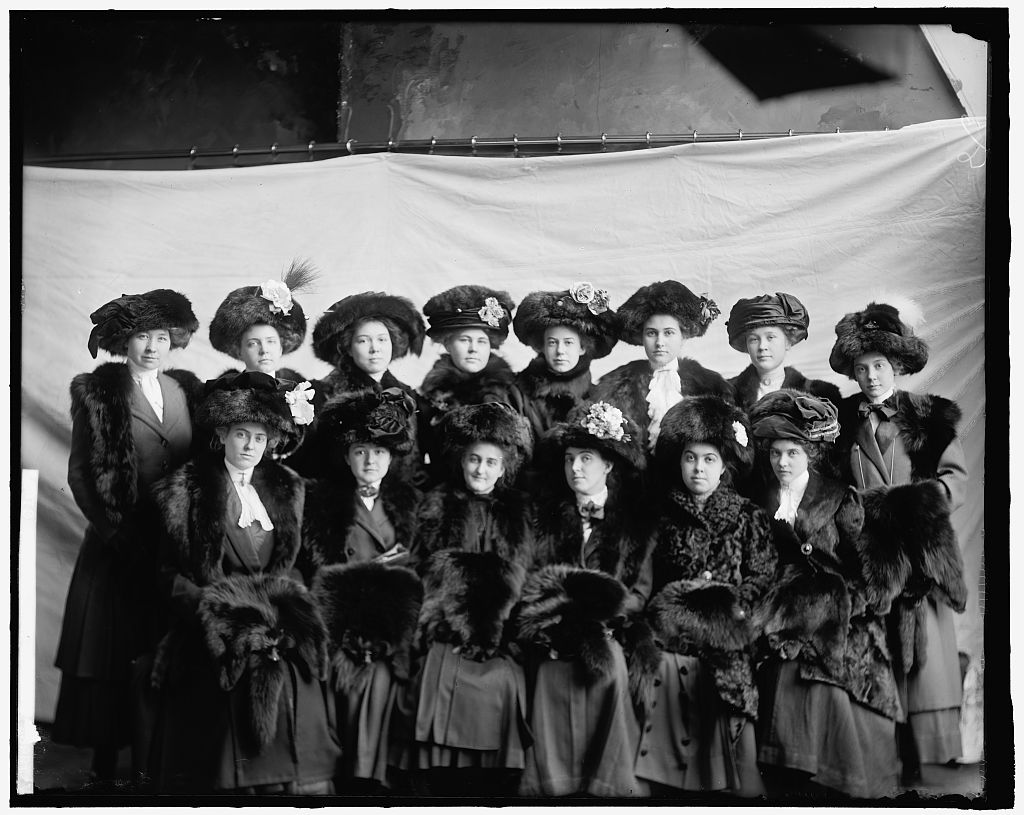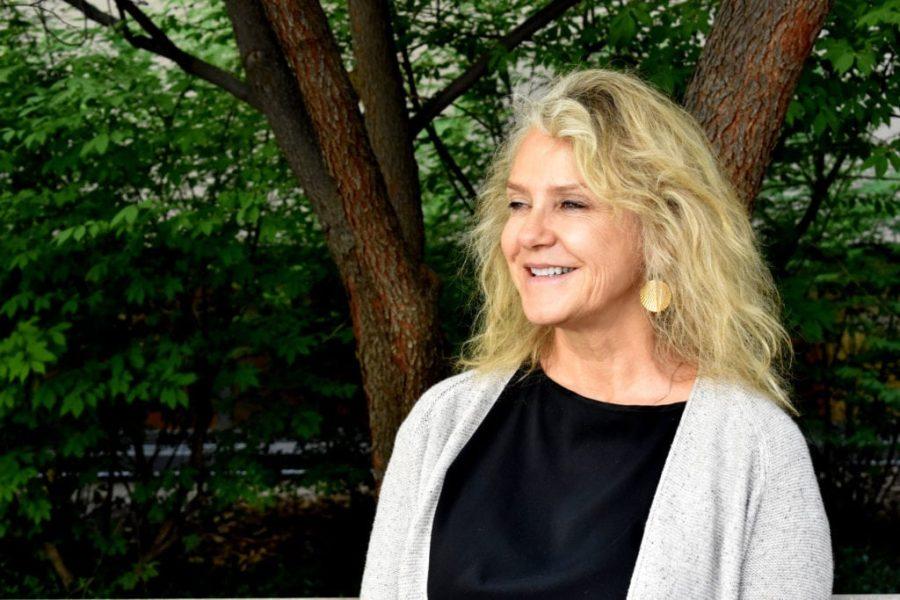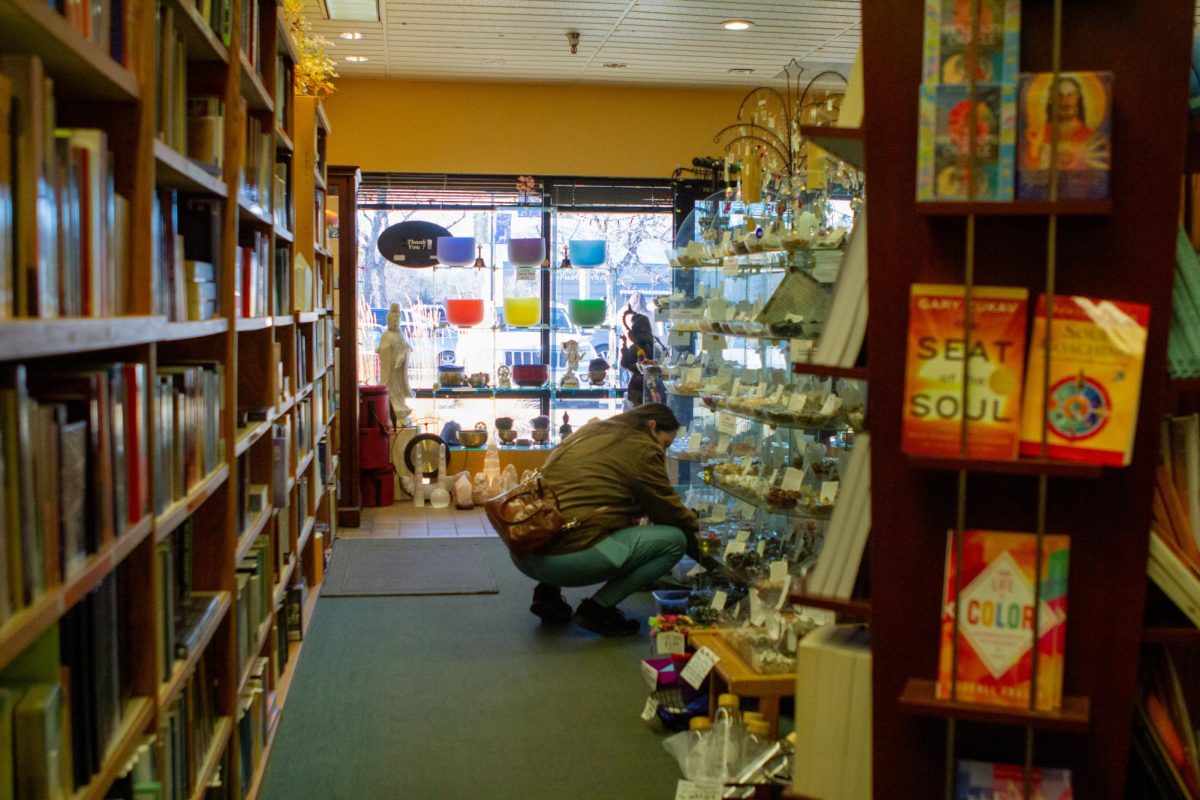“I do wish that poetry was more recognized as an integral part of our culture, yes. But the irony is that poetry is already a part of our culture,” 20-year Colorado State University professor Deborah Dimon wrote in an email to College Avenue. “We are constantly listening to music” and often their lyrics are poems themselves.

Poetry “is not necessarily disconnected from our lives or culture as we think,” Dimon wrote.
Even though poetry is present in our daily lives, why should we value it? And what purpose does it serve?
“The purpose of poetry is to reach for and explore words and silence,” Dimon wrote. “The page is a field after a heavy snow — white and silent, everything non-essential hushed, muted. The words are trees or stubble in the snow that we see more clearly, more differently, in that whiteness.” Imagining this winter scene allows the words to come alive amidst its blank backdrop.
CSU professor Camille Dungy describes her “interest in accurately and specifically describing (her) world.”
“My environmental consciousness is tied to the interests in history, family, and the daily ways we work to survive that are the fundamental preoccupations of all my work,” Dungy wrote. Poetry often grasps many abstractions about life that may not comprehensibly be said any other way.
Dungy has been teaching at CSU since 2013 and her poem “Still Life” was recently selected to be in the New York Times Magazine. She also has received awards for poems, ones with her name attached to them, but “others are less tangible, like the number of people who have emailed me to tell me that a particular line in one of my poems moved them or that a sentiment in one of my essays helped get them through a tough time. There are many ways to make success, and knowing my work deeply resonates with other people is definitely one.”
As a poetry instructor, Dungy provides an open space for diverse perspectives and creative honesty in order for her students to understand themselves and the environment around them. “You’d be surprised how little I have to encourage some students,” Dungy wrote. “A lot of students are already in love with this way of thinking and writing in the world.” Her goal is to give them coaching and tools so they can use language in personally specialized ways.

Dungy wants others to remember that “poetry gives those who read it and write it a means towards expression and articulation that relies on language but also resonates beyond and outside the quotidian uses of language we find in news articles and on menus.”
At the core of it, poetry is still a cousin to music and “to the beat of the human heart.” Poetry is whatever it takes to make memories come back to life. Perhaps that is the purpose of poetry.
Dimon wrote, “poetry allows us to discover.” The word allows seems imperative here since she chose it instead of help. And, according to Dimon, “we are all poets dreaming in images, writing and speaking in phrases, constantly making comparisons and putting things in contrast to one another. We all are searching for understanding and meaning. Poetry is that.”
Dimon claims that poetry is the means to discover, a direct portal to find value, rather than a crutch to experience life. Perhaps that is the purpose of poetry.





































